Nation celebrates Africa Day in diversity
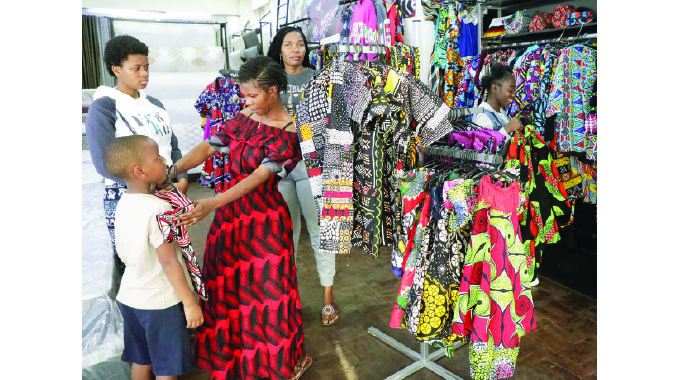
Trust Freddy and Africa Moyo
Zimbabweans from all walks of life joined the rest of the continent in celebrating Africa Day yesterday with most people spending time with family or visiting friends and relatives.
Africa Day is observed annually to commemorate the founding of the Organisation of African Unity (OAU) which was created on May 25, 1963 and it is the precursor of the African Union (AU).
Across the nation, various activities were lined-up across the country, with citizens expressing gratitude to the selfless revolutionaries who sacrificed their lives and personal comforts for the liberation of the people of Africa.
Others made their lobola day to coincide with Africa Day and social media was buzzing with pictures of the lobola ceremonies popularly known as Marooro.
The roora/lobola setting, which is seemingly a hybrid event combining the traditional ceremony and modern festivities is usually characterised by its distinct traditional African prints.
Parents and their children thronged various African attire shops in the Harare Central Business district ahead of the culture day which is usually observed by many schools a day after Africa day.
Traders specialising in African attire said they recorded brisk business during the week as many people were buying material to make clothes specifically to wear yesterday while others were looking for nice traditional outfits for their children.
“This has been a hectic week, I even lost my voice because I have been speaking too much. Customers are coming in numbers,” Ms Priscilla Karuweruwe, a shop attendant said.
Vendors could also be seen displaying traditional attire on their car boots and by judging the number of people that were approaching them it was clear that they were making a killing.
“Pupils were asked to wear traditional attire tomorrow (today) as part of the Culture Day rules, that’s why I am looking for something nice for my son,” Ms Charity Mhaka of Dzivaresekwa said.
On this day, students represent their cultural background by wearing their traditional outfits while others learn to prepare traditional food.
In Africa, the dress code is more than just a fashion statement and the designers do not make these clothes simply for appearance’s sake. Each colour, symbol, and even shape of the clothing has a very specific meaning or purpose.
Many people were having a good time in places like KwaFatso in Glen Norah, KwaMereki and Mashwede Village in High Glen, Harare. Fast Food outlets also recorded a brisk business.
Mr Tafadzwa Karombe from Glen View 4 said: “Today we are having a great time as a family, remembering the role that was played by our African liberation heroes.”
He also called for non-stop border posts: “Why should we have all these restrictions. Let’s take this opportunity to correct some of the blunders that we made before. Africa must be a one big country.”
Another Harare resident, Mr Godwin Chidavayenzi from Budiriro 2 said Africa Day gave workers a time to rest.
“Honestly, I don’t really understand the importance of Africa Day, but what I like is that we get some time to rest and have some good time with family,” he said. Mr Justice Mfiri, a pan-Africanist and University of Zimbabwe student said it was important for everyone to celebrate Africa Day as this gave Africans time to reflect on the arduous journey the continent had travelled.
“It gives us time to reflect on the progress we have made thus far in delivering the Africa we want and to be frank with ourselves in identifying the existing gaps that we need to fill if we are to make progress towards a united and empowered continent,” he said.
Elsewhere in Sharm-El-Sheikh, Egypt, the African Development Bank (AfDB) took advantage of its annual meetings to celebrate Africa Day in style.
This year’s continental theme for Africa Day is, “Accelerating the implementation of the Continental Free Trade Area”.
However, the AfDB had a sub-theme, “Africa’s Youth: Africa’s Development Answer”.
The celebrations were punctuated by speeches, dance and song.
South African artiste Master KG’s track Jerusalema, on which he featured Nomcebo Zikode, was one of those played.
Speeches were delivered by eminent speakers including His Excellency Albert Muchanga, who is the commissioner for Trade and Industry of the African Union Commission, AfDB president Dr Akinwumi Adesina and Egyptian Minister of Sports and Youths Dr Ashraf Sobhy.
Comm Muchanga, who was born in Zambia, said the continent needs to do a lot to support young people so they develop into top businesspeople, diplomats or politicians.
Dr Adesina weighed in saying for a long time, people have been saying youths are the future, yet they hardly get trusted with top posts.
Equally, financial institutions demand title deeds or bank deposits for the past 40 years from people as young as 21, said Dr Adesina, a development that keep many out of business.
Full story on www.herald.co.zw
He also said it was critical that the continent invests in health infrastructure so that when pandemics of the magnitude of Covid-19 come, a quick response could be found.
“We must not leave the wellbeing of our 1,4 billion to the benevolence of others. What if the others are not benevolent?
“Therefore, we need to have health security ourselves. That is why as the AfDB, we will release US$3 billion for healthcare infrastructure to make vaccines for Africa.
“We are now prepared foe the next pandemic that will hit Africa,” said Dr Adesina.
The AfDB, which was formed on September 10, 1964, following an agreement signed by member States on August 14, 1963 in Khartoum, Sudan, has been spearheading the development of the continent.
To fight diseases on the continent, the AfDB has authorised the setting up of the African Pharmaceutical Technology Foundation, an independent institution that will enhance Africa’s access to the technologies for the manufacture of medicines, vaccines and other pharmaceutical products.

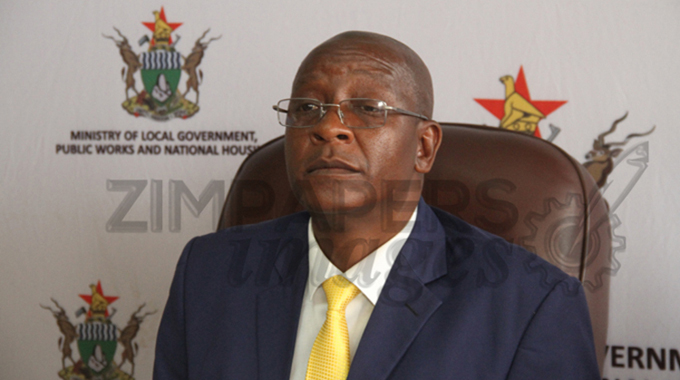

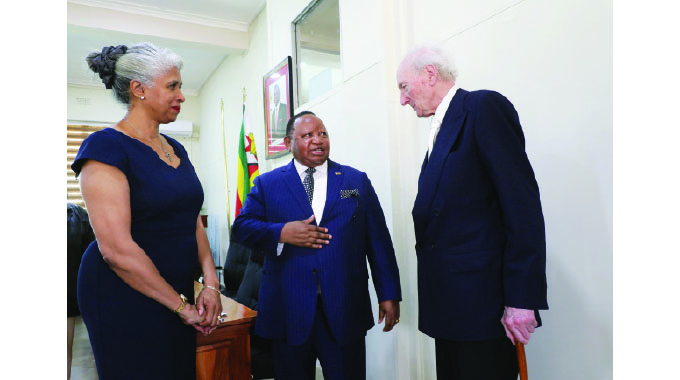
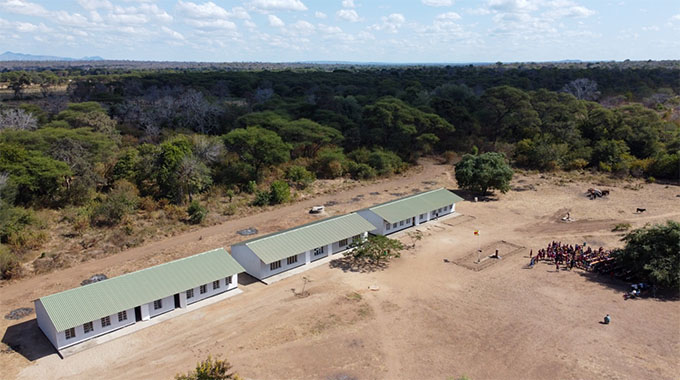
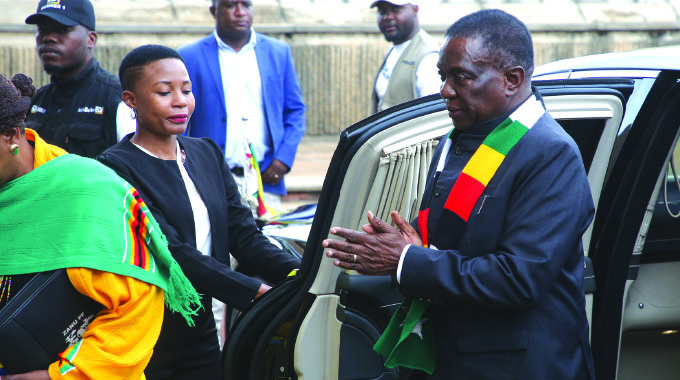

Comments